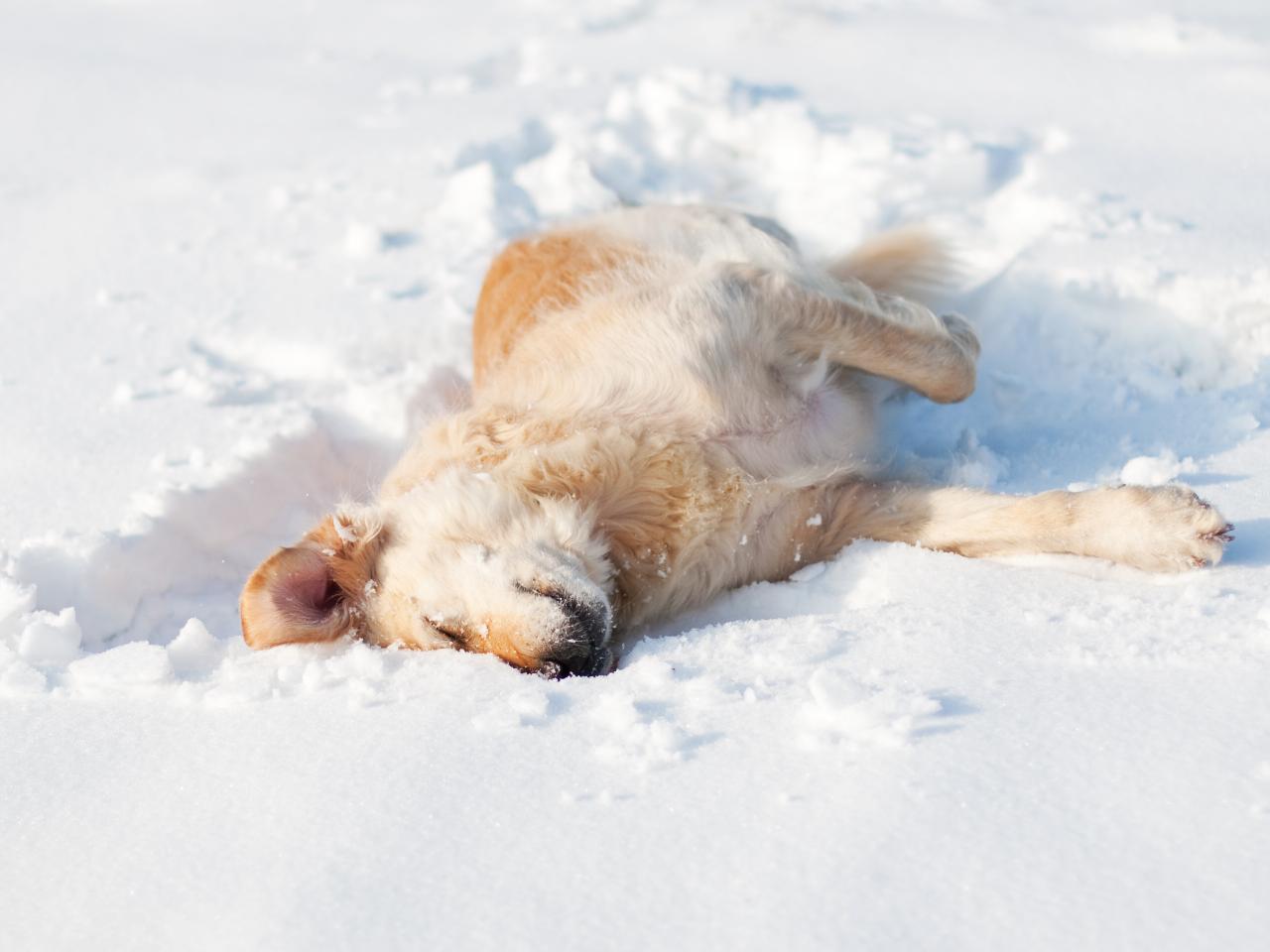
As the temperature drops, it’s easy to believe your pet’s fur coat makes them impervious to the New Jersey cold. Unfortunately, plenty of myths are floating around about how to care for your pet in winter.
At True Care Veterinary Hospital, we want to make sure your furry friends stay healthy and safe all season long by clearing up some of the most common cold weather misconceptions. Let’s debunk these myths and get to the facts!
Myth 1: Pets Don’t Need Winter Gear—Their Fur Is Enough
Many pet owners assume their pets are naturally equipped to handle cold weather due to their fur. However, this isn’t always the case. While some breeds, such as huskies, have thicker coats, many dogs, especially short-haired breeds, struggle with cold temperatures. Small dogs, older pets, and those with medical conditions are particularly vulnerable.
Fact:
If it’s too cold for you to stand outside without a jacket, it’s too cold for your pet. A cozy coat or sweater isn’t just for fashion—it’s a necessary part of winter pet care for many animals. Don’t forget to protect their paws with booties if they’ll be walking in icy or salted areas.
Myth 2: Pets Can Stay Outside as Long as They Want in Winter
Just because your pet loves being outside doesn’t mean it’s safe during freezing temperatures. Extended exposure to the cold can lead to serious health issues such as hypothermia and frostbite.
Fact:
Pets should be brought inside after a short period in the cold, even if they seem to be enjoying themselves. For long-haired breeds or outdoor cats, ensure they have a warm, dry shelter to retreat to if they must stay outside for any reason.
Myth 3: Cats Are Safe Outside in Winter
Cats are known for being independent, and many owners assume that their outdoor cats can handle winter just fine. However, cats are vulnerable to freezing temperatures, and in cold weather, they may hide in dangerous spots such as under cars or in engine compartments to stay warm.
Fact:
Keep your cats indoors during the winter months if possible. If your cat ventures outside, check under your car’s hood before starting the engine. Pet health in winter requires taking precautions to prevent accidents and exposure. If your cat insists on being outside, create a warm, sheltered space where they can retreat from the cold—something dry, elevated, and insulated from the wind will help keep them safe and comfortable.
Myth 4: Pets Don’t Need Extra Food in Winter
Many believe that pets don’t require any changes to their diet in the colder months. While it’s true that not all pets need extra food, pets that spend more time outdoors might burn more energy to keep warm.
Fact:
If your pet spends more time outside, consider adjusting their food intake accordingly. Avoid overfeeding indoor pets, as they may be less active in the winter, and extra food could lead to weight gain. Discuss your pet’s specific nutritional needs with your vet to make sure they stay in shape year-round.
Myth 5: Dogs Love to Eat Snow—It’s Safe for Them
While dogs often enjoy playing in the snow and may try to eat it, that doesn’t mean it’s safe. Snow can conceal dangerous substances like antifreeze or harmful chemicals used to melt ice. Ingesting these can lead to serious health problems.
Fact:
It’s best to discourage your dog from eating snow and drinking from puddles during winter walks. Always bring fresh water for your pet to ensure they stay hydrated without ingesting something dangerous.
Myth 6: You Don’t Need to Worry About Dehydration in Winter
Many pet owners think dehydration is only a concern in the summer, but pets can get dehydrated in winter, too, especially with dry indoor heating.
Fact:
Make sure your pet has constant access to fresh water during the winter months. If your pet spends time outside, be sure their water bowl doesn’t freeze. Hydration is vital to pet health in winter, no matter the temperature.
Keeping Your Pets Safe All Winter Long
Winter pet care misconceptions can lead to unnecessary risks for your furry companions. You can keep your pets healthy, warm, and happy by understanding the facts about pet cold weather care.
The True Care Veterinary Hospital team is always here to help with advice and care tailored to your pet’s needs. If you have any questions about your pet’s safety in the cold or think your pet may need medical attention, call us today.

